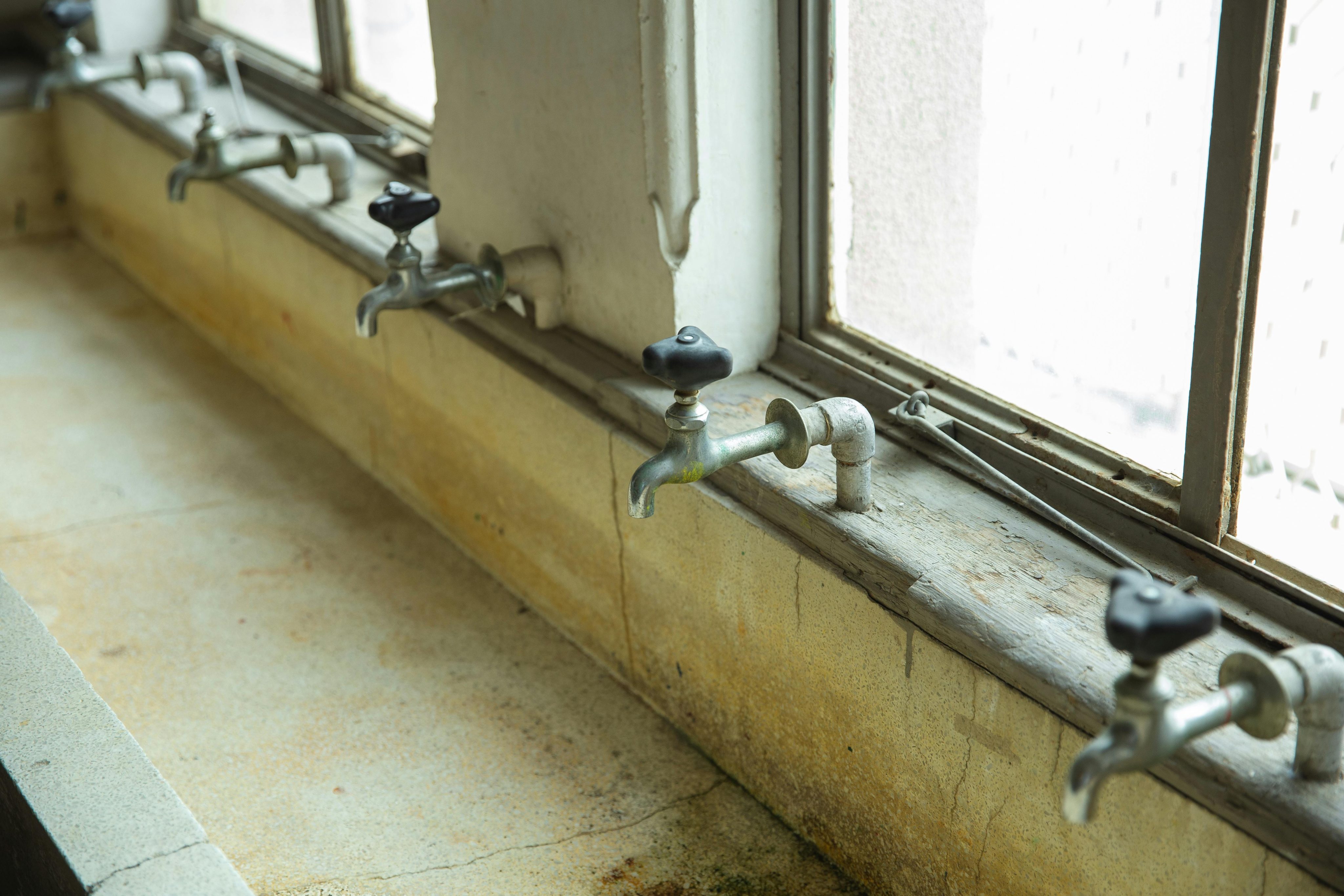What Inspections Mean for Sellers
In North Carolina, buyers almost always order a home inspection. It’s not about value—that’s what an appraisal is for. Inspections are about risk.
They’re long, detailed reports that cover everything from the crawl space to the roof.
Buyers use this report to decide whether to move forward, renegotiate, or walk away during due diligence. That’s why the best strategy isn’t to cross your fingers and hope for the best—it’s to get ahead of the issues you already know about.
The Big Two Issues Right Now
From what I’m seeing in Charlotte this year, two problems are causing the most headaches for sellers:
1. Water in Crawl Spaces
- High humidity, mold, or standing water can scare off buyers and trigger repair requests.
- Even if a buyer is willing, their lender or insurance company may not approve financing without remediation.
- A simple drainage or vapor barrier fix before you list can save a deal later.

2. Older Roofs
- Insurance carriers are increasingly refusing to cover roofs that are 15–20+ years old.
- Even if the roof isn’t leaking, no coverage means no mortgage—and no sale.
- Replacing or repairing now can prevent a deal from falling apart mid-contract.

What “As-Is” Really Means in NC
A lot of sellers believe “as-is” means you don’t have to say anything about your home’s condition. That’s not true.
Here’s what it actually means:
- You’re not agreeing to make repairs.
- You still have to complete the NC Residential Property Disclosure—and you must be truthful.
- Latent defects (hidden issues like water damage or structural problems) can’t be swept under the rug. If you know about them, you must disclose them.
- Your agent has a duty to disclose anything they can see with their eyes, like cracks, leaks, or visible damage.
And here’s the kicker: buyers will almost always order their own inspection. If problems come out then—and you didn’t fix or disclose them—buyers can walk away during due diligence.
That’s why the best approach is simple: fix what you can, disclose the rest. Transparency builds trust, keeps buyers at the table, and helps you protect your sale price.

Smart Steps Before You List
- Walk your home like a buyer would. Look at crawl spaces, attics, ceilings, and the roof. If something would spook you, it will spook them.
- Tackle obvious maintenance. Small fixes like caulk, paint, and plumbing leaks go a long way.
- Consider a pre-listing inspection. It gives you a clear picture of what buyers will find later.
- Focus on major deal-killers. Roofs and crawl space moisture are the top two right now. Handling them early avoids stalled closings.
FAQ: Seller Repairs & Inspections in NC
Q: Do I have to make repairs after an inspection?
A: No—but buyers can walk away if they’re not comfortable. Addressing issues upfront gives you more control.
Q: What does selling as-is mean in North Carolina?
A: You don’t have to agree to repairs, but you must be truthful on disclosures and reveal any latent defects you know about. Buyers can still cancel during due diligence.
Q: Can a buyer back out after an inspection?
A: Yes, if they’re within their due diligence period. That’s why prep and honesty are so important.
Q: Should I replace my roof before selling?
A: If it’s 15–20+ years old, there’s a good chance insurance won’t cover it. That can sink a deal—so yes, replacement is often the smarter move.
Q: Is a pre-listing inspection worth it?
A: For many sellers, absolutely. It reduces surprises, helps you price realistically, and shows buyers you’ve maintained the home.
Bottom Line
Selling a home in Charlotte isn’t just about putting it on MLS—it’s about showing buyers (and their lenders) that your home is safe, sound, and insurable.
By fixing what you can, disclosing what you must, and being proactive about big-ticket items like crawl spaces and roofs, you’ll protect your deal, reduce stress, and often walk away with a stronger sale price.
 Curious what your home could sell for today? Get your free home value report.
Curious what your home could sell for today? Get your free home value report. Or call me at 704.621.3066 to talk about the smartest way to prepare.
Or call me at 704.621.3066 to talk about the smartest way to prepare.Because your agent choice dictates your outcome—and nobody sells Charlotte like we do.
 Disclaimer: This article is based on North Carolina real estate laws and current market conditions as of fall 2025. While care is taken to ensure accuracy, laws and requirements may change. Always consult with a licensed real estate professional for the most up-to-date guidance.
Disclaimer: This article is based on North Carolina real estate laws and current market conditions as of fall 2025. While care is taken to ensure accuracy, laws and requirements may change. Always consult with a licensed real estate professional for the most up-to-date guidance.

